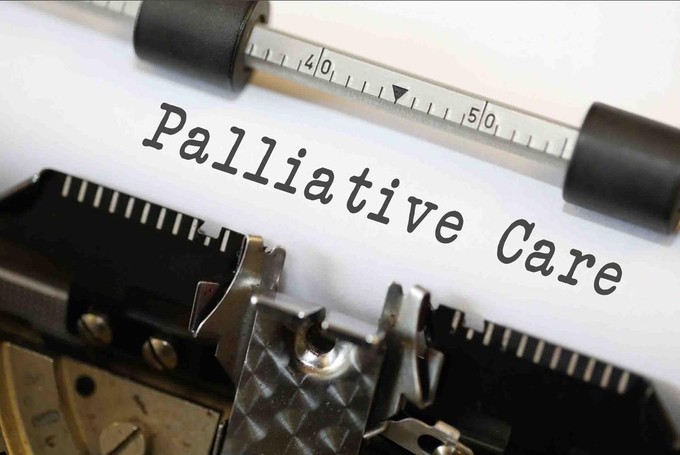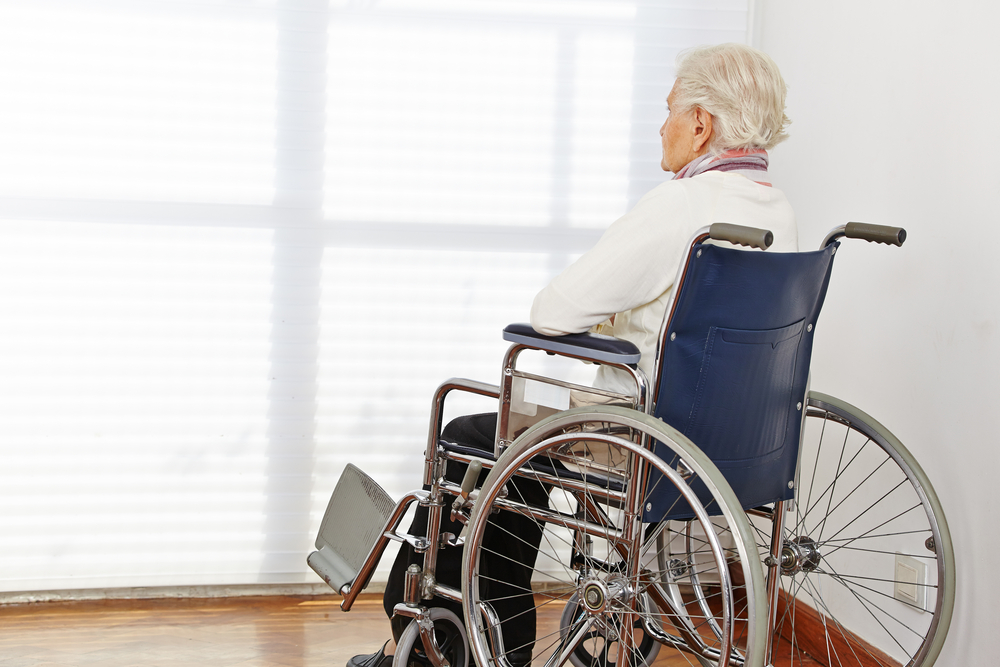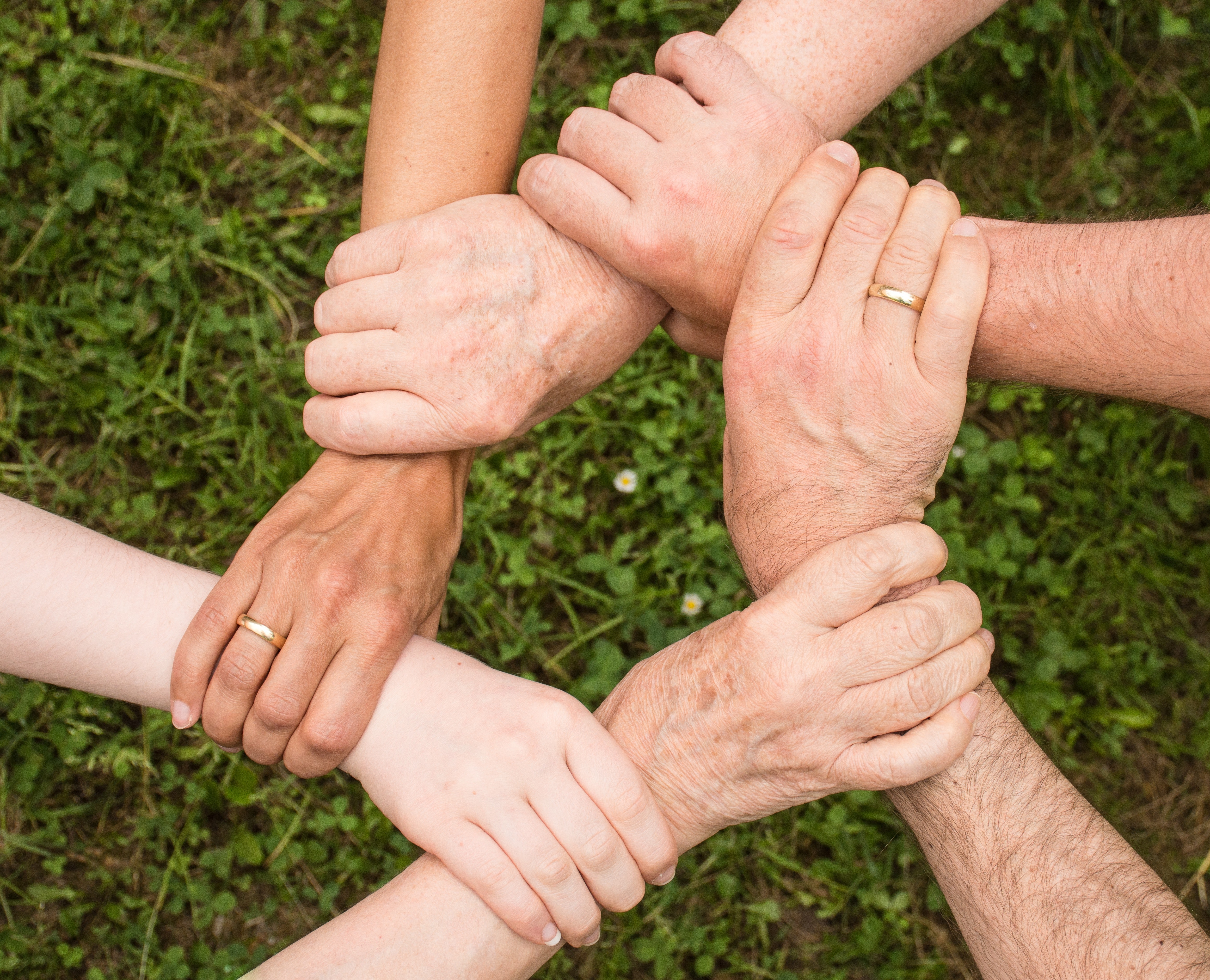As part of our Dying Matters Week blog series, we wanted to know what it’s like to be a member of the staff in a hospice. So, we spoke to a Specialist Palliative Care Nurse to find out what end of life hospice care involves, why they can be helpful for terminally ill people and the types of after-care service a hospice provides for grieving families.

It involves building a relationship with a family you’ve never met before. It also involves making a good introduction and building a relationship of trust, compassion and respect. A care nurse will also be introduced to the terminally ill person’s loved ones.
Patients may or may not be suffering from symptoms such as pain, nausea, vomiting, breathlessness - so we’re in a position where we can alleviate the symptoms, by providing medications that have been prescribed by a GP or a nurse prescriber.
A person with palliative care needs is helped to live as comfortably as possible until their time of death. End of life care is part of palliative care and involves treatment of symptoms and alleviating pain. The whole ethos of palliative care is to keep a patient comfortable until the moment they die.

The privilege of being accepted by complete strangers and the trust and the relationships that I’m able to build.
Everyday brings something different, so the most important thing is love and care. And an ability to quickly build relationships and rapport with people you meet.
The most beautiful things I have are the thank you cards that I receive from the patient’s relatives when they receive good care. It’s a wonderful opportunity to be in that position to provide the care that’s needed, making a difference to people’s lives and outcomes.

I try not to get too emotionally close to patients and we have excellent training in advanced communication skills...so I have an ability to separate their emotions from my own. My duty is to support...but not get too emotionally involved. But of course there are times where you get the odd situation that touches your heart and it’s unavoidable.
The hospice model of care prepares the symptom management, equipment and care. And it works with the patient's changing symptoms and alleviates suffering. It’s different to the hospital because it’s not a treatment. It’s a person’s preference. For most people in hospital, their wishes are to be discharged home from hospital, so they can die peacefully at home. Sadly, that’s not possible if they live alone. It’s mostly only possible to die at home with family support.
It helps the family to grieve and it starts to prepare them for the inevitable loss. It helps the patient, if they’re able, to understand that someone’s there for them and they’re going to be cared for. It provides a lot of psychological support and holistic care, considering all kinds of situations. And if a person is able to achieve a peaceful and dignified death in the place of their choice, it leaves family members far better able to cope with their grief.
We can talk about it as a matter of normal conversation all the way through our lives and to our children. Before the medical model was put in place, people died naturally at home and the children played around them. Death and dying is very much part of life.
Yes they do. In particular, places I’ve worked for, the hospice will send a card to offer their condolences at the time of someone’s death and they also put in information to telephone after the funeral is over...because that’s the time when people have questions. Families can request a home visit and someone will go out and talk to them if they require further help and support.
It’s always a very very very very sensitive area. So you have to be constantly alert to a person’s body language and a person’s verbal communications. So that when you reply and respond, you must be accurate in your responses to reduce conflict and distress.
Check out our other Dying Matters blogs:
The Fear of Death: How to not have time to worry about dying
Death Cafe: Coffee, cake and all things...death?
Join in the conversation on our Facebook, Twitter and Instagram pages!